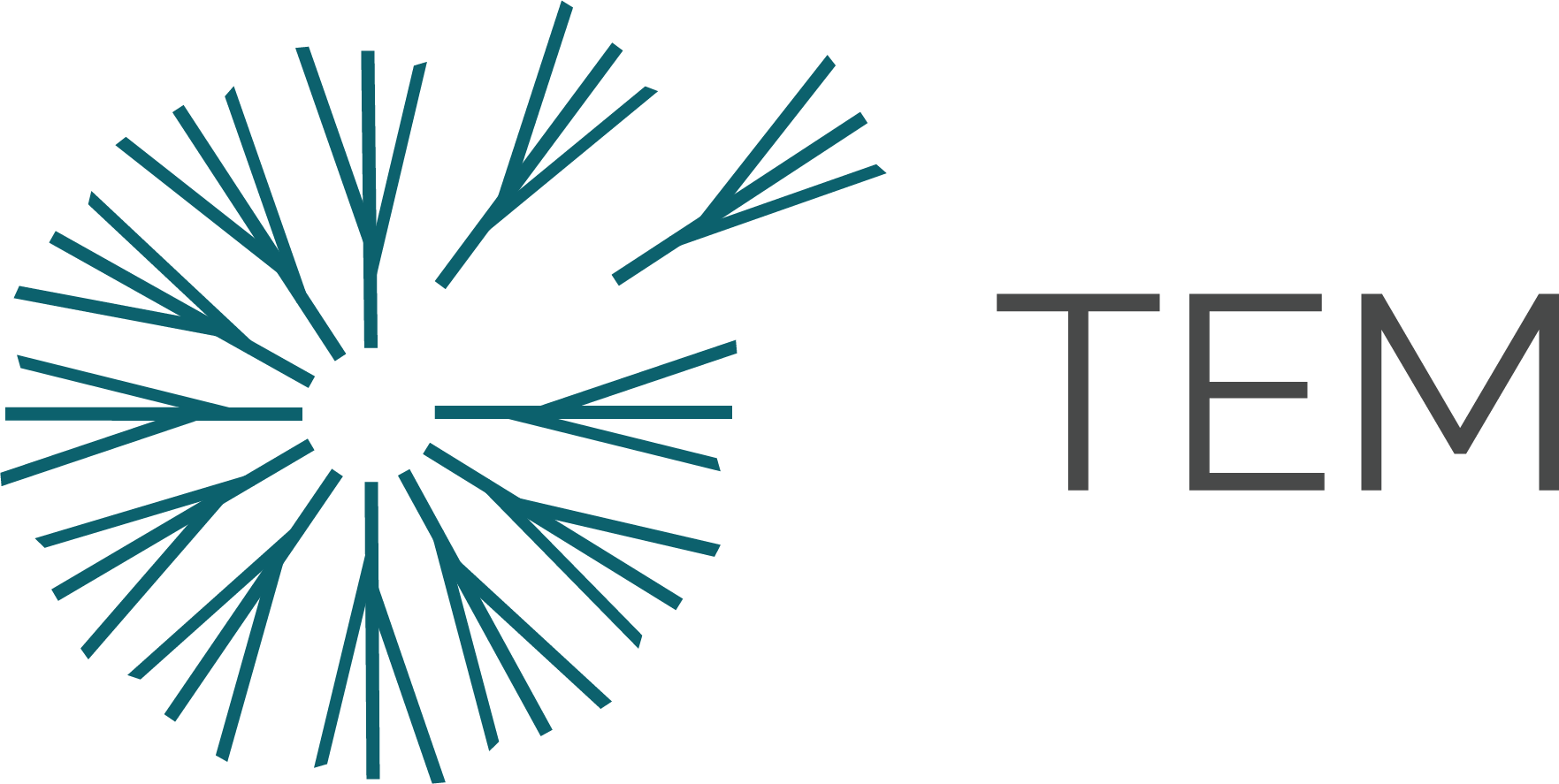Breathe Easy
Registry information: Verra or Gold Standard Impact Registry
Standard: Verified Carbon Standard (VCS) or Gold Standard (GS)
Unit type: Verified Carbon Unit (VCU) or Verified Emissions Reduction (VER)
According to the World Health Organisation (WHO) (2021), 2.4 billion people around the world (about one in three people globally) cook their food on polluting open fires or inefficient stoves, significantly harming their health and the environment. This style of cooking has particularly severe consequences for the health of women and children who are responsible for preparing meals.
The WHO also says household air pollution was responsible for an estimated 3.2 million deaths per year in 2020, including over 237,000 deaths of children under the age of five. According to WHO, inhaling smoke from traditional cookstoves is equivalent to smoking two packs of cigarettes per day.
Oxfam says the large amount of time women and girls need to spend on fuel collection further exacerbates the gender inequality gap and cycle of poverty.
The Clean Cooking Alliance states that up to one gigaton of carbon dioxide equivalent is produced every year from burning wood fuels, equating to about 2% of global CO2 emissions. The Alliance says: “Today’s highly efficient stoves can reduce fuel use by 30–60%, resulting in fewer GHG and black carbon emissions”.
In some countries, firewood and charcoal consumption is a major contributor to their annual deforestation rate.
Our projects
Our cookstoves carbon projects involve the distribution of cleaner, more efficient cookstoves to people and communities in Papua New Guinea, Nepal and Laos. These cookstoves have positive environmental, social and health benefits for communities.
These stoves significantly reduce the amount of charcoal and wood fuel needed to cook food by providing cleaner, more complete combustion. This results in less greenhouse gases being released into the atmosphere during the cooking process, when compared to traditional, open-fire cooking. By reducing wood use, it also reduces the number of trees removed from forests for cooking fuel.
This leads to improved air quality within communities and a reduction in health issues related to traditional, open-fire cooking.
Because they require less wood, the stoves also reduce the amount of time women and children spend gathering firewood each week, allowing time for other activities that may include going to school.
The projects may contribute to the following United Nations Sustainable Development Goals
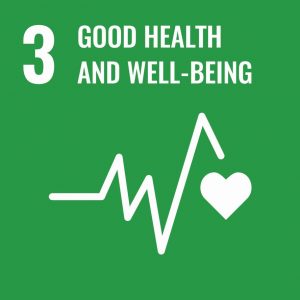
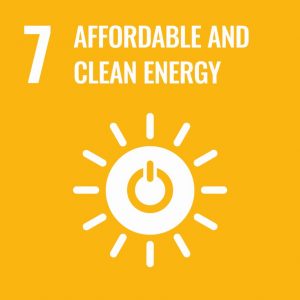
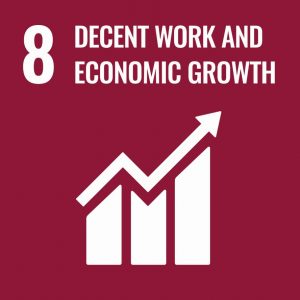
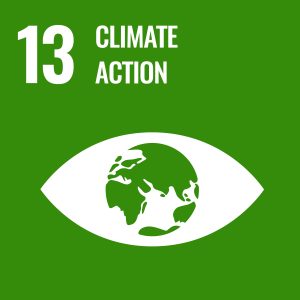
Key facts
- Project type: Efficient Cookstoves
- Location: Africa, Asia, South America
Key impacts
- Emissions prevention
- Improved health
- Often provides local employment in monitoring and delivery of project
Information sources
- The carbon abatement reported by these projects has been scientifically measured using the relevant Cookstoves methodology. Carbon abatement independently verified as required under project standard (Gold Standard (GS) or the Verified Carbon Standard (VCS))
- Contributions toward co-benefits are not required to be monitored and reported under the Verified Carbon Standard. Gold Standard however does require projects to monitor and report on at least 3 SDGs using scientific methods as determined by the standard. Contributions to the SDGs are then verified by the Gold Standard (note SDGs may vary depending on the specific project)
- Impacts reported have been taken from project description documents for Cookstoves projects in TEM’s portfolio, which are provided by the project owners.
Highlighted project: Papua New Guinea Healthier Homes, Healthier Forests project
Registry information: Verra
Standard: Verified Carbon Standard (VCS)
Unit type: Verified Carbon Unit (VCU)
This TEM-developed project aims to rollout over 100,000 improved cookstoves across Papua New Guinea (PNG) is the first carbon finance cookstoves project to be implemented in the country, where over 80% of all households still rely on traditional open fire cooking. Traditional cookstoves in PNG have a high fuel wood consumption rate, resulting in elevated indoor carbon emissions and families inhaling toxic smoke.
Household air pollution from cooking over open fires or on crude wood-burning cookstoves is a major health risk across PNG. Clean cookstoves projects reduce emissions by introducing local communities to efficient, cleaner technology.
Our project will see a reduction in fuel wood use, resulting in less trees being cleared in nearby forests. The project also aims to provide numerous co-benefits for the local community. TEM has gained positive community support via training workshops and project management, the distribution of cookstoves and facilitating workshops has seen the creation of varied employment opportunities for local people.
The installation of high efficiency firewood cookstoves will substantially improve quality of life, especially for women and young children, who spend many hours collecting fuel wood and are exposed to open flames and harmful toxic smoke. Households will likely also gain economic benefits from saving money from the purchase of less fuel wood.
This project aims to contribute to the following United Nations Sustainable Development Goals
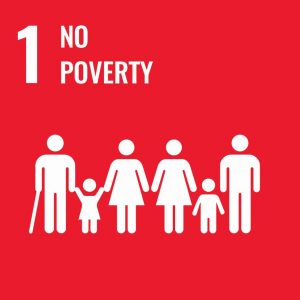


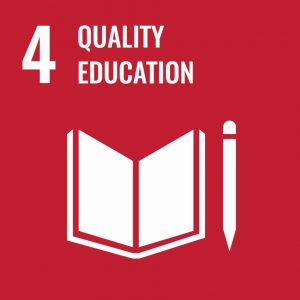
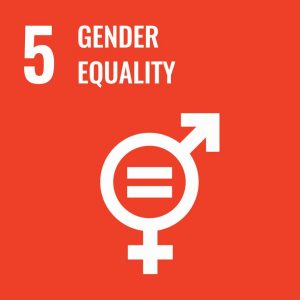





- The carbon abatement reported of this project has been scientifically measured by a PNG forester and the estimations were validated by international auditors approved by Verra.
- Carbon abatement independently verified as required under the selected project standards: Verified Carbon Standard (VCS) and the Sustainable Development Verified Impact Standard SD Vista).
- Under the SD Vista Standard, contributions toward co-benefits are required to be monitored and reported using published scientific methods.
- Contributions to the United Nations Sustainable Development Goals are then verified by the SD Vista Standard.
